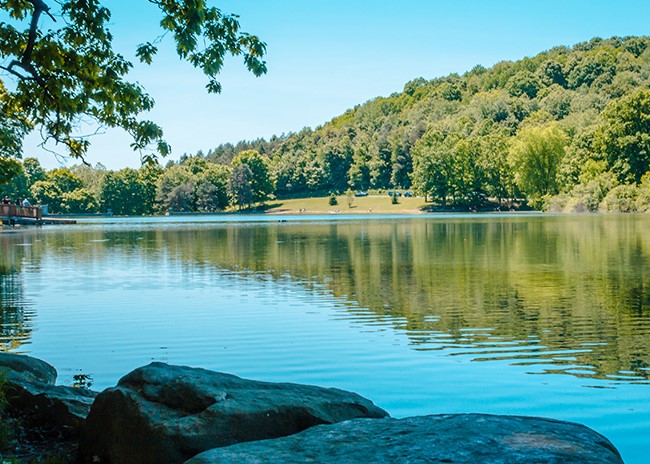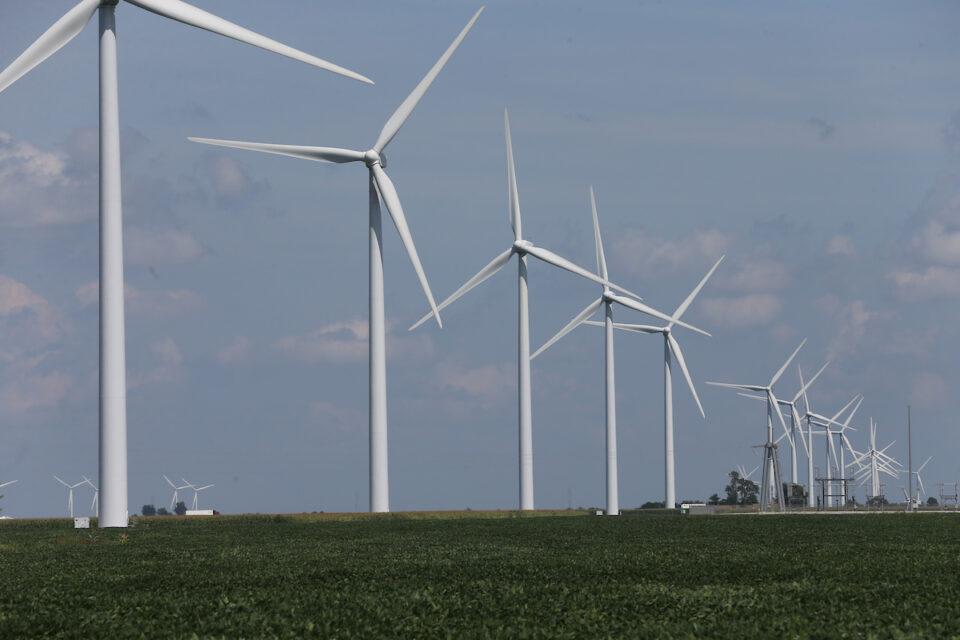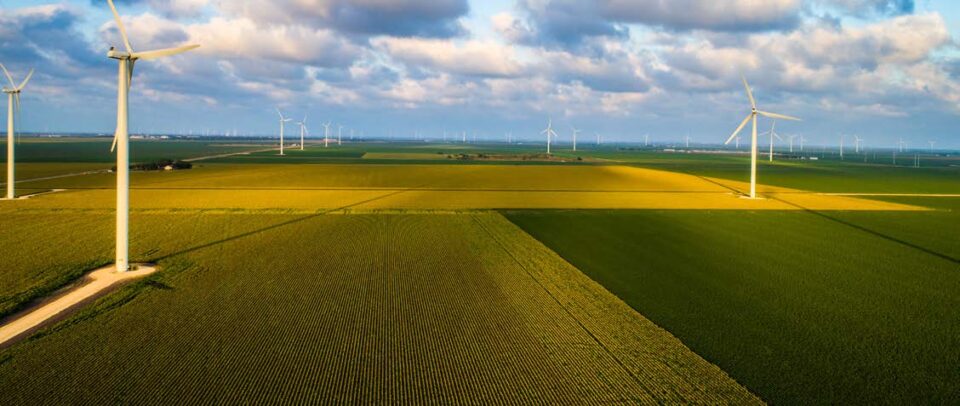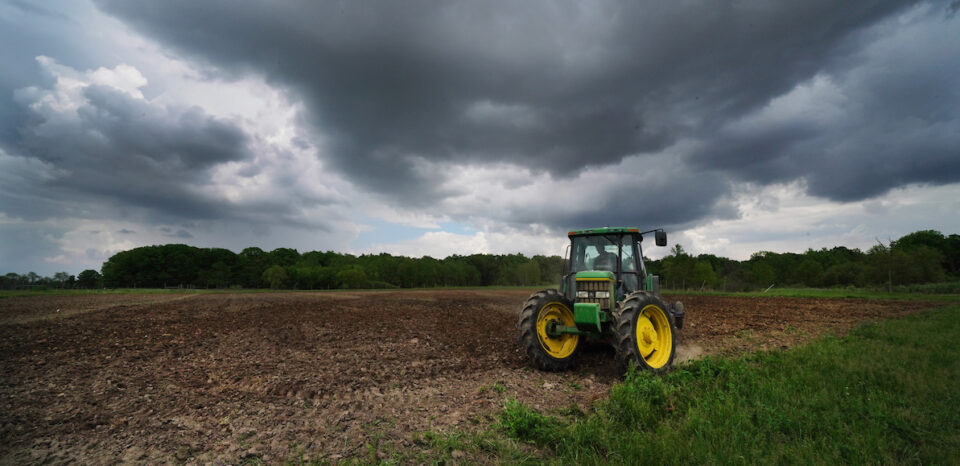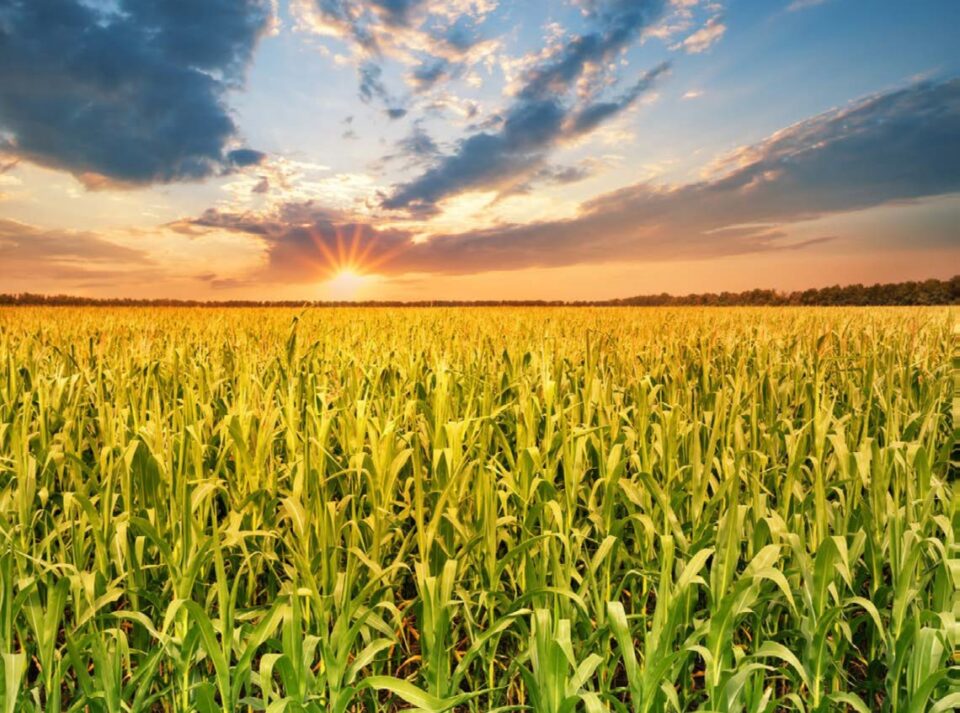Land Use
The Purdue University Land Use Team provides research-based resources and educational programs for Extension professionals, government officials, citizen planners, and residents on land use issues impacting their communities. Land Use Team efforts are underpinned by a timely and rigorous professional development system that prepares Purdue Extension professionals to effectively serve on Plan Commissions.
Indiana is the only state in the United States in which Extension Educators are legislatively mandated to serve on Advisory Plan Commissions and some Area Plan Commissions. Therefore, Purdue University is uniquely positioned to leverage this mandate to support Extension programming that addresses land use issues in Indiana. Current pressing issues, including the evolving rural/urban interface, renewable energy, developing and implementing sustainable strategies, and supporting place-based economic development. All of these issues require attention at the state, regional and local levels in Indiana.
The Land Use Team’s primary responsibility is to develop and deliver robust information that assists Plan Commissions and other related institutions/organizations in making informed decisions based on a thorough understanding of the alternatives and consequences related to land use planning decisions. Purdue Extension’s Land Use Team plays a critical role across Indiana through the work of Agriculture & Natural Resources (ANR) Educators serving on Plan Commissions and Community Development Educators working on land use issues.
Community Planning For Agriculture and Natural Resources: A Guide For Local Government
Community Planning for Agriculture and Natural Resources: A Guide for Local Government is available as a free, downloadable electronic resource. The series was funded by the Indiana State Department of Agriculture and developed by Purdue Extension and the Indiana Land Resources Council.
The entire series can be downloaded as a PDF at no cost. To purchase a printed copy, please visit the Purdue Education Store.
To learn more about the Land Use Team, contact:
Daniel Walker
Community Development Regional Educator
walke422@purdue.edu
TEAM
- Community Planning for Agriculture and Natural Resources: A Guide for Local Government
- Land Use Regulations of Confined Feeding Operations (CFO) Study
- Land Use Team Publications
- Indiana Renewable Energy Community Planning Study and Ordinance Inventory Summary. Purdue Extension’s Land Use Team conducted a comprehensive overview study of land use regulations for wind and solar energy. The report provides a summary of state-wide renewable energy ordinances and county snapshots.
- Salazar, K., Church, S. P., Prokopy, L., Ma, Z., Beaulieu, L., & Phillips, R. (2024). The need for proactive environmental planning in local government: Examining challenges and pathways forward in Indiana. Community Development, 1–29. https://doi.org/10.1080/15575330.2024.2382207
Land Use Continuing Education Webinars
MS4’s and You, Old and New, August 2, 2022
Co-hosted with Purdue Extension and APA-IN
Presenters: Randy Braun (IDEM), Staci Goodwin (IDEM), Lori Gates (Christopher B. Burke Engineering, LLC), and Matt Bell (City of Jeffersonville)
Recording: bit.ly/3Of6p8K
Hoosiers and Housing, December 14, 2022
Co-hosted with Purdue Extension and APA-IN
Presenters: Deborah Myerson (Myerson Consulting, LLC), Tanya Hall (Purdue Extension), and Samantha Spergel (Indiana Housing and Community Development)
Recording: https://youtu.be/A8VRQXABkWc

